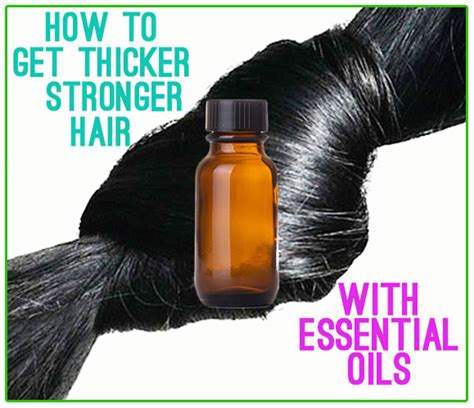Unlock the power of nature to transform your hair with these 10 miracle oils.

- Proven Effectiveness: Numerous studies have demonstrated the efficacy of certain oils in stimulating hair follicles and promoting growth.
- Natural Ingredients: Oils are derived from plant sources, ensuring they are free from harsh chemicals that can damage hair.
- Nurturing Properties: Oils provide deep nourishment and hydration, creating an optimal environment for healthy hair growth.
| Oil | Benefits |
|---|---|
| 1. Coconut Oil | Rich in lauric acid, which penetrates the hair shaft to repair damage and promote growth |
| 2. Argan Oil | Contains vitamin E and fatty acids, which strengthen strands and prevent breakage |
| 3. Rosemary Oil | Stimulates blood flow to the scalp, improving nutrient delivery to follicles |
| 4. Peppermint Oil | Induces a cooling sensation, invigorates the scalp, and promotes cell regeneration |
| 5. Lavender Oil | Relaxes the scalp, reduces stress, and creates a conducive environment for growth |
| 6. Tea Tree Oil | Antifungal and antibacterial properties combat scalp infections that inhibit hair growth |
| 7. Castor Oil | Rich in ricinoleic acid, which promotes hair thickness and prevents breakage |
| 8. Jojoba Oil | Similar to sebum produced by the scalp, providing deep hydration and preventing hair loss |
| 9. Avocado Oil | Contains biotin and vitamin E, which strengthen strands and nourish the scalp |
| 10. Almond Oil | High in protein and magnesium, which support hair growth and reduce hair fall |
Fine Hair: Opt for lightweight oils such as coconut oil, argan oil, and rosemary oil to avoid weighing down strands.
Thick Hair: Use heavier oils like castor oil, olive oil, and coconut oil for deep hydration and nourishment.
Dry Hair: Hydrating oils such as jojoba oil, argan oil, and avocado oil provide moisture and prevent breakage.
Oily Hair: Choose clarifying oils like tea tree oil, rosemary oil, or lavender oil to balance scalp oil production.
Method 1: Scalp Massage
- Warm a small amount of oil in your hands.
- Apply the oil to your scalp and gently massage in circular motions.
- Leave on for 30 minutes or overnight, then wash out.
Method 2: Hair Mask
- Mix several oils together (e.g., coconut oil, rosemary oil, tea tree oil).
- Apply the mask evenly to your hair and scalp.
- Cover with a shower cap and leave on for at least 30 minutes, then wash out.
- Choose oils based on your hair type and concerns.
- Start with a small amount of oil and gradually increase as needed.
- Leave oils on for an extended period to maximize absorption.
- Do not apply oils to wet hair, as this can seal in dirt and oil.
- Store oils in a cool, dark place to prevent spoilage.
- Do a patch test before using any new oil to rule out allergies.
- Avoid using pure essential oils directly on the scalp; always dilute them with carrier oils.
- If you have any scalp conditions, consult a dermatologist before using oils.
-
Q: How often should I use oils for hair growth?
A: 1-2 times per week is recommended. -
Q: Can I leave oils in my hair overnight?
A: Yes, leaving oils in overnight enhances absorption and maximizes benefits. -
Q: Is it safe to use oils on colored hair?
A: Most oils are safe for colored hair, but it’s always recommended to test a small area first. -
Q: What are the signs that oils are working for hair growth?
A: Reduced hair fall, thicker strands, and increased hair length. -
Q: Can I mix different oils together?
A: Yes, mixing different oils can enhance their benefits, but always dilute essential oils with carrier oils first. -
Q: How long does it take to see results from using oils?
A: Results can vary, but most people notice an improvement within 6-8 weeks of regular use.
